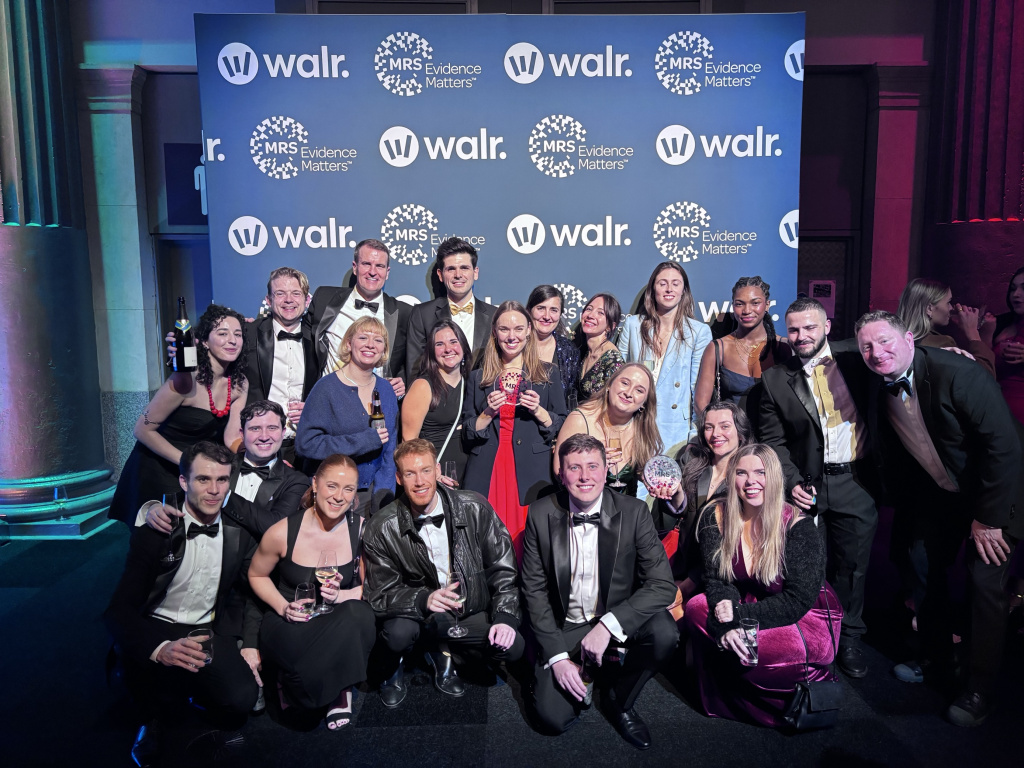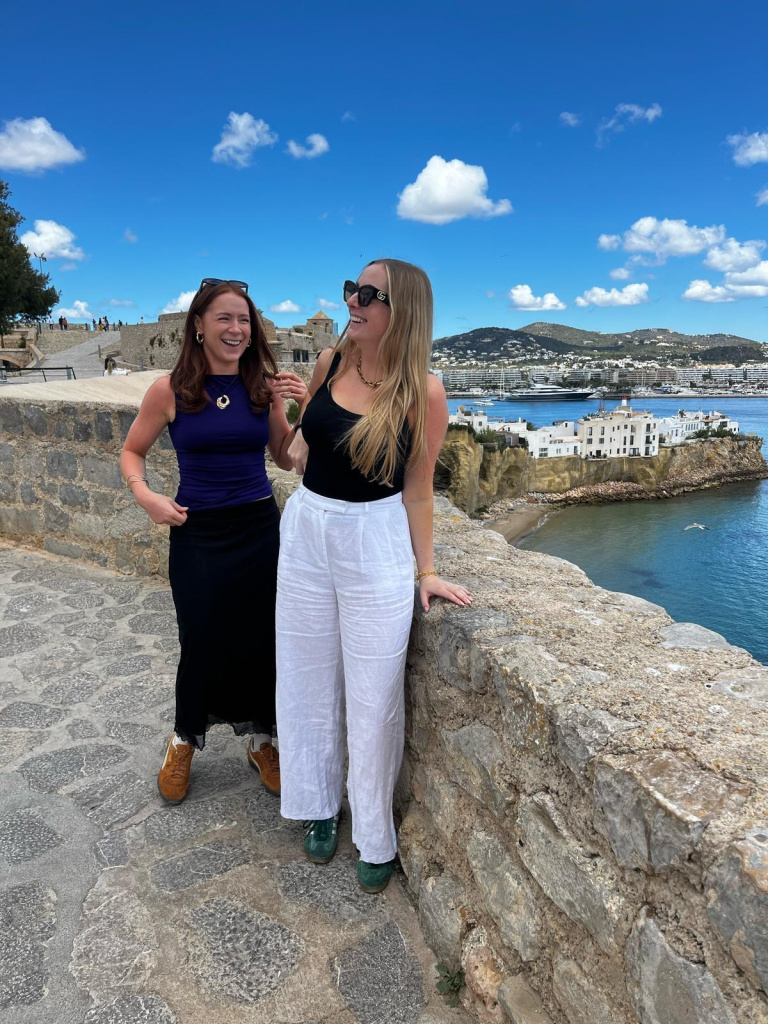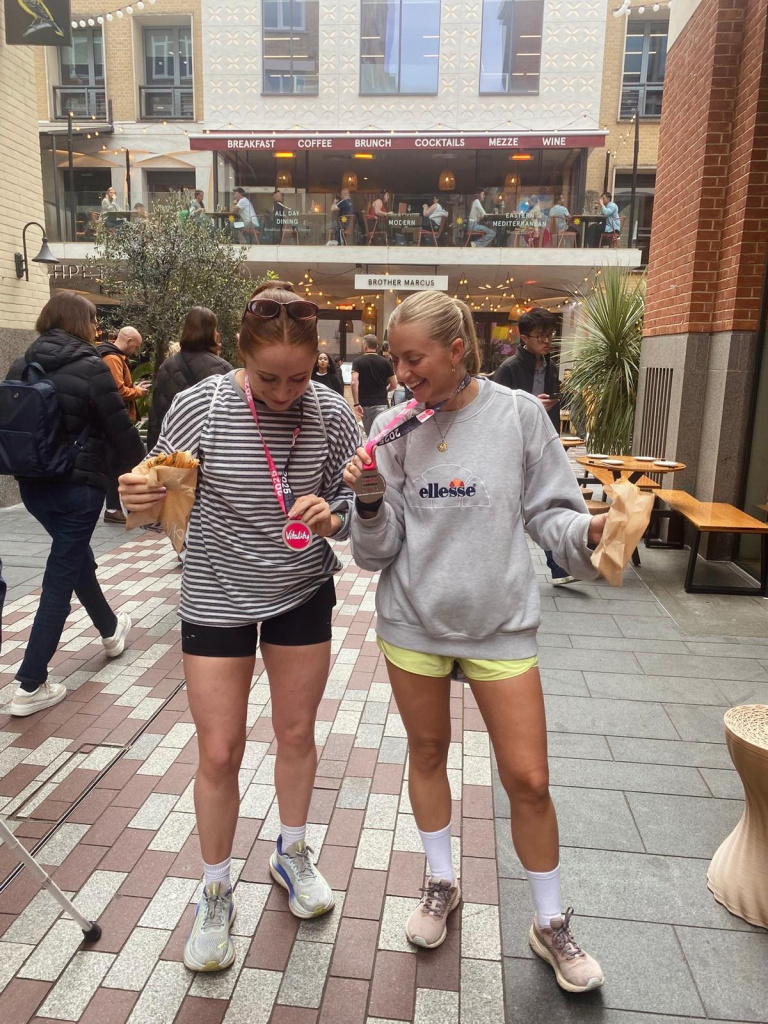30Under30 Honouree: Kendall Knight

Great to hear from Global 30 Under 30 Honouree, Kendall Knight, a Research Manager at Opinium where she specialises in brand and communications research. Her focus is on delivering insights that are actionable and forward-looking, guiding her clients toward smarter decision making.

How did you get into the industry and reach this point?
I started out my career in PR, helping clients gain media coverage to increase brand recognition and trust. A large part of this involved creating angles that would capture journalists’ interest, often by using data and polls to get clients featured in various publications. Through this, I realised that what I enjoyed most wasn’t just the storytelling, it was the insights behind it. Using these insights to inspire thought leadership for PR and empower brand strategy was the focal point for me. From there, I joined the market research world and now work at Opinium, using data to help clients across a range of sectors inform their brand, product and communication strategies.

Why should someone consider a career in market research, data and insights?
One thing I’ve always prioritised in my career is finding work that creates real impact while also allowing me to keep learning and growing. Market research perfectly sits at that intersection. Whether it’s uncovering new perspectives and behaviours, experimenting with research methodologies or deepening my understanding of clients and their industries, the opportunities to develop are constant. What makes it especially fulfilling is the ability to turn these learnings into insights that genuinely inform decisions and shape meaningful action.

Career paths are rarely without challenges. Can you share a moment from your career when things didn’t go to plan, but the lessons learned remain with you to this day?
A key learning of mine is that career paths rarely follow a straight line and it’s easy to fall into the trap of comparing yourself to others. Particularly as I didn’t start out in market research, early in my career I often caught myself wondering, “Should I know everything they know?” or thinking my experience didn’t mirror that of my peers.
But market research is incredibly broad. Different projects and teams expose you to completely different skill sets, so no two journeys look the same. Over time, I realised it’s completely okay not to have the same knowledge as someone else (and you may be stronger in areas where they’re still learning!)
It’s a strength to be able to reflect and recognise where you have room for growth, but being committed to improving your skills in these areas and remaining willing to ask others for their expertise is also key.

What two things should junior researchers focus on as they progress in their careers?
Taking care in your work goes a long way. Market research involves many moving parts, from survey design, scripting and analytics to storytelling and data visualisation. No one expects junior researchers to master all of these immediately. What is noticeable, though, is care, attention to detail, and a genuine commitment to doing each task well. This mindset not only improves the quality of the final output and ensures you will develop each skill more quickly, but also builds trust with your teams and clients, which is key for long-term progression.
Keep engaged with broader industry trends. The industry is constantly shifting, with new methodologies, technologies and challenges emerging all the time. Staying engaged with these developments – whether that’s experimenting with new tools, learning about new frameworks or exploring fresh approaches to collaboration and insights delivery – helps you grow into a more versatile and insightful team member. Particularly in a time when quickly changing AI technology can be both a hero and a hinderance to the industry, staying on top of these shifts is essential.

Do you have any advice for our sector?
In today’s fast-moving world, efficiency and speed are, of course, crucial in research, but fostering a stronger culture of exploration is what will create real impact. Truly powerful insights come from research grounded in a deep understanding of specific challenges, contexts and goals, and while a ‘one-size-fits-all’ approach to research design may deliver data quickly, it doesn’t necessarily get to the heart of the issues at hand.
In my experience, the best research comes when teams are encouraged to ask deeper questions, explore unexpected angles and challenge assumptions rather than simply following familiar methods. This opens the door for fresh ideas, smarter research and ultimately results that are richer and more impactful.

Is there anyone who has helped or supported you in your career who you’d like to acknowledge or thank?
I have so many people who have supported me along the way in my career but there are some shoutouts I’d love to give! Firstly, Octavia Broughton and Ande Gilmartin for being fantastic managers/mentors during my time at Opinium. Also Tibet Quinn, Hannah Gussinklo, Dan Jacobs and Izzy Meisl for always being on hand to problem solve with me and making it look easy.